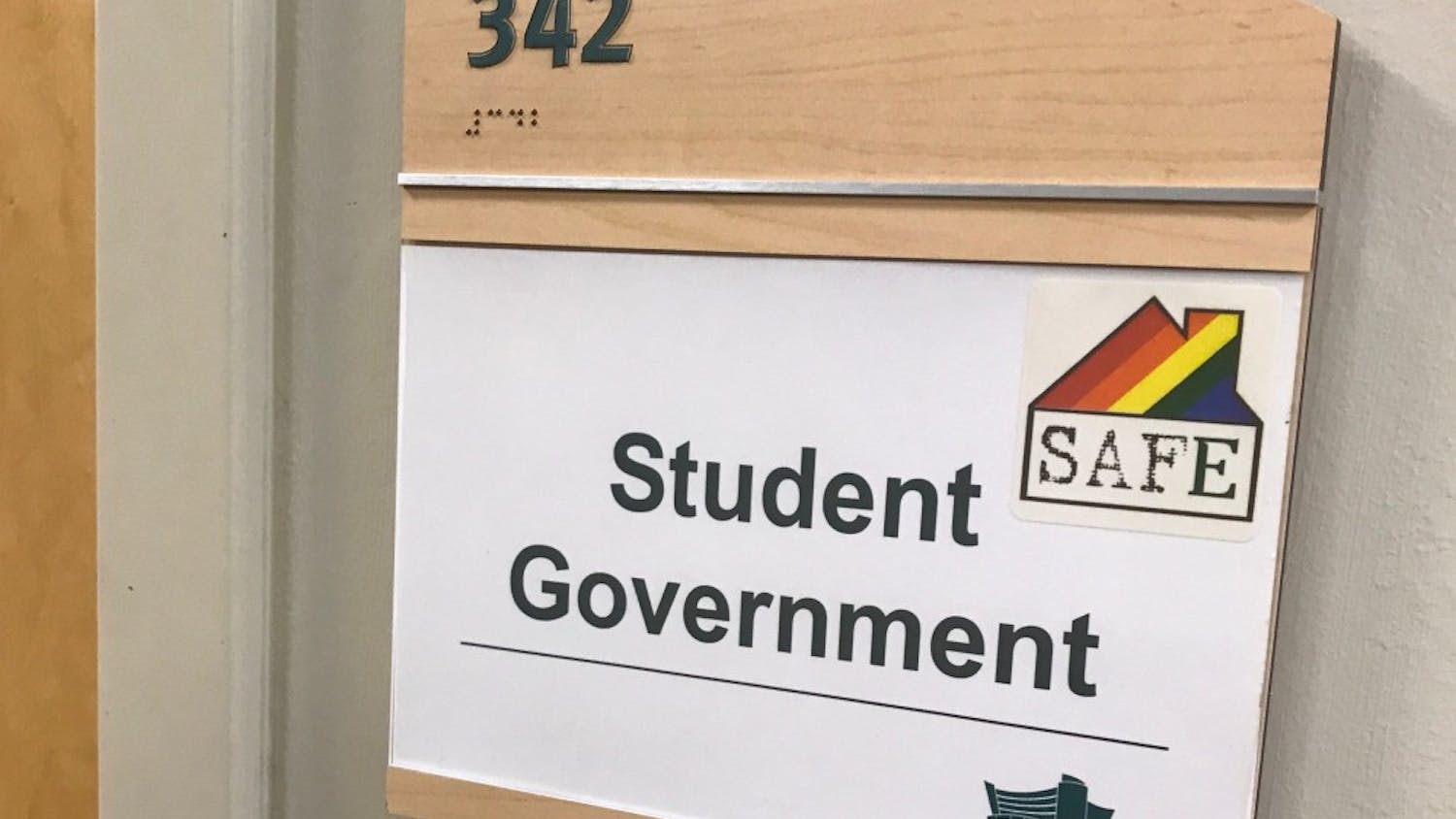As millions of Ukrainians leave their homes due to the Russian-Ukraine war, many of those who have migrated have had difficulty adjusting to communication and cultural differences. Eastern Michigan University College of Business faculty members David Victor, who has a doctorate in business communications, Kim Barker, who has a doctorate in organization development, and former lecturer Christine R. Day, who has a doctorate in organizational communication, collaborated on research focused on Ukrainian refugees fleeing from Russia.
Titled “Global Advances in Business Communication,” this academic paper focuses on how cross-cultural communication challenges impact relations with Ukrainian refugees and EMU staff. This study interviewed 18 individuals between June and November of 2023 and dug into common themes such as language, managing chaotic change, loss and grief.
"We really wanted to share and hopefully develop an understanding of what these refugees have been through. Our goal is that people will be a little kinder and more considerate when encountering refugees from anywhere ... it’s important to remember that for most, especially the Ukrainian refugees, that this was not their choice and that they are victims of some pretty horrible circumstances," Barker said.

Dealing directly with the Ukrainian refugees, these three professors came face to face with many realities that these refugees deal with.
To properly conduct this study, the faculty had to find willing participants who also reflected the multi-ethnic country. According to Victor, this study had to be cross-cultural as Ukrainians include minority groups such as Tatars [a Turkic ethnic group], Russian-speaking Ukrainians, and more.
"Ukraine, however, is huge, the largest country in size besides Russia itself. Once Ukrainians began to flee the violence and destruction, the wide range of nations, each with different cultures and languages, was a given,” Victor said.
Conducting this study placed the reality of refugee life front and center to the faculty members.
“The sense of grief that these refugees share was overwhelming. Imagine for a minute that one day you are told to leave your home and it’s questionable whether you’ll be back. Your job is gone and you have to leave your partner behind and take the kids to another country in the hopes that this action will spare your lives,” Barker said.

The study made a notable effort to use certain wordage. Emphasizing the word "people" so the importance of this study does not get lost within the statistics and data.
"We wanted to give a sense of what the Ukrainian refugee situation was like. We can give data of the numbers killed or wounded, the numbers fleeing, the total asylum request applications, but such data are numbing after a while," Victor said.
“People with lives and hopes and dreams that came crashing down because a neighboring aggressor thought it could invade without consequence. Whether or not Ukraine successfully continues to hold off the much larger Russian forces, the issue of the people displaced has to remain at the center stage,” Victor said.
According to United Nations High Commissioner for Refugees, there are currently 6,479,700 million Ukraine refugees globally.
"I hope that the stories our interviewees shared encourages people to look again at Ukraine and become involved," Victor said.
For those interested Victor provided charities dedicated to helping the refugees, such as Women Take the Wheel, Nova Ukraine, and United Help Ukraine
Readers can observe their findings online at https://commons.emich.edu/gabc/.










